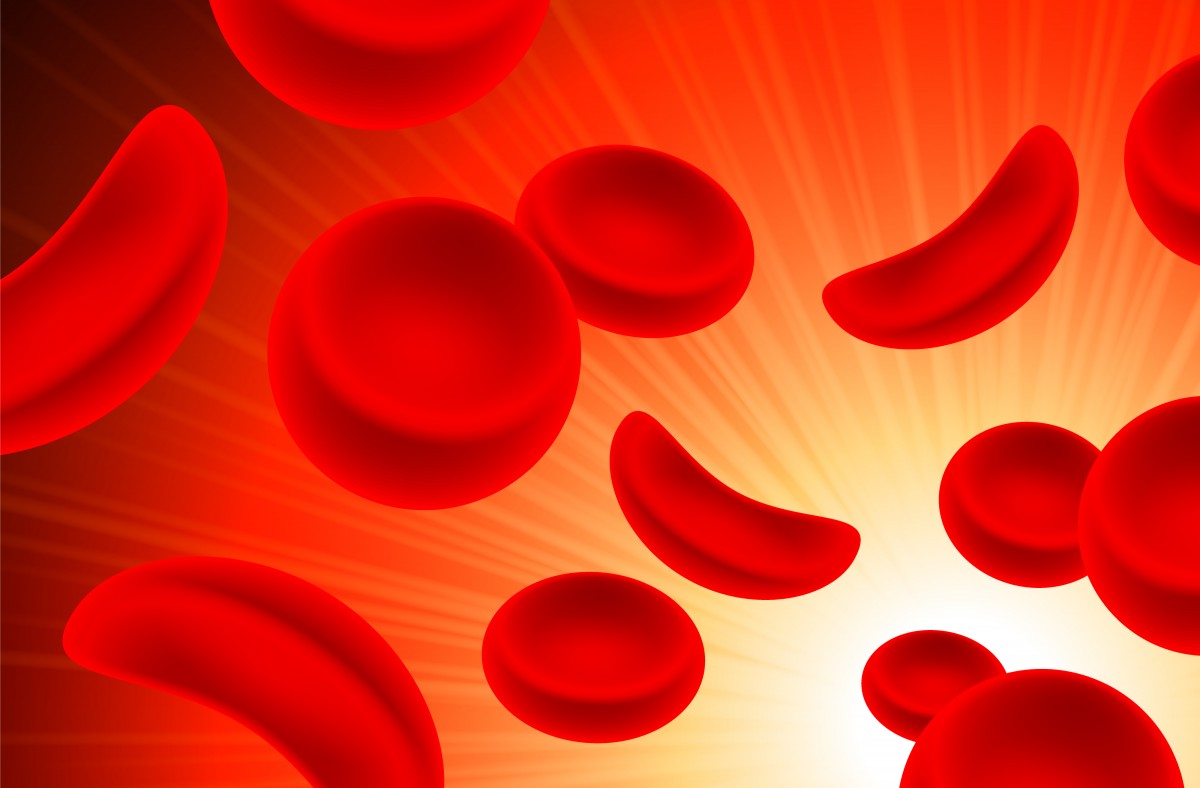Observed annually on June 19, World Sickle Cell Day has been designated by the United Nations as a day to raise global awareness about the significant public health burden known as sickle cell disease, which is a serious inherited disorder of the blood.
- Sickle cell disease is one of the most common inherited disorders of the blood found across the world, as each year more than 300,000 babies are born with some form of the disease
- Approximately 100,000 persons in the U.S. are estimated to have some form of the disease, which is known to have severe health consequences for persons born with it
- While the disease can affect persons of any racial or ethnic background, it is the most common genetic condition affecting African-Americans in the U.S., and it is the most common condition detected by newborn screening efforts in the U.S.
- The Johns Hopkins Medical Institutions and the Johns Hopkins Bloomberg School of Public Health are recognized nationally and internationally as leading institutions in the provision of clinical care and in the conduct of clinical and public health research related to sickle cell disease.
For more information about sickle cell disease, see:
The Centers for Disease Control & Prevention:
http://www.cdc.gov/ncbddd/sicklecell/index.html
The National Heart, Lung, & Blood Institute of the NIH:
http://www.nhlbi.nih.gov/health/health-topics/topics/sca/
The World Health Organization Sickle Cell Fact Sheet:
